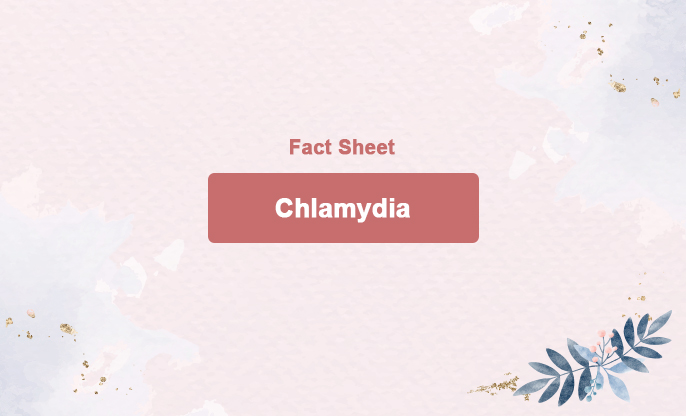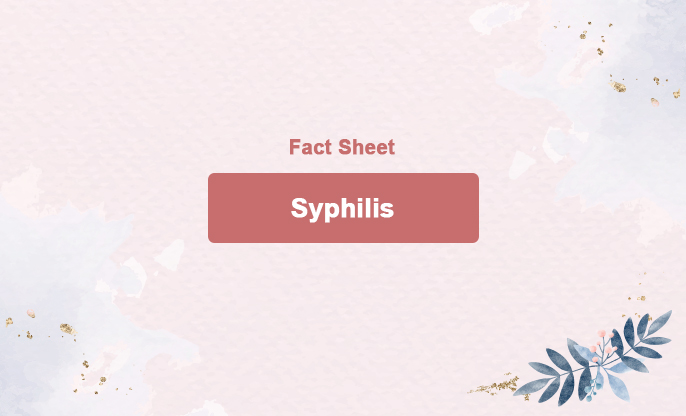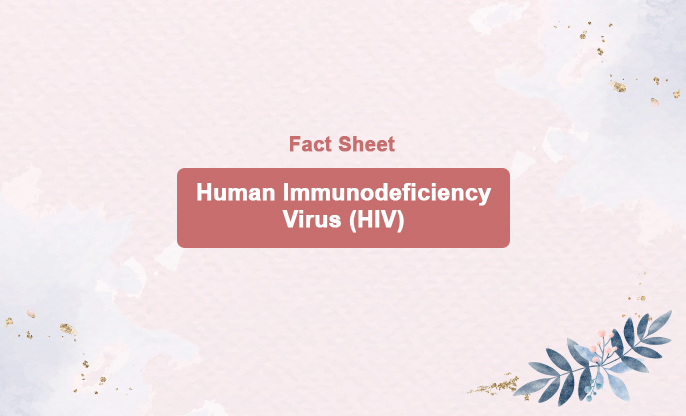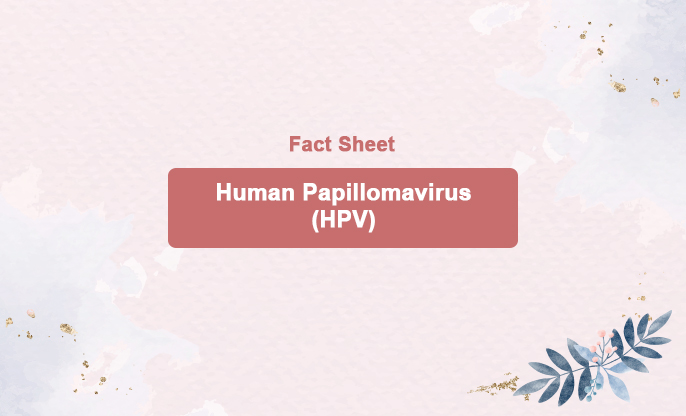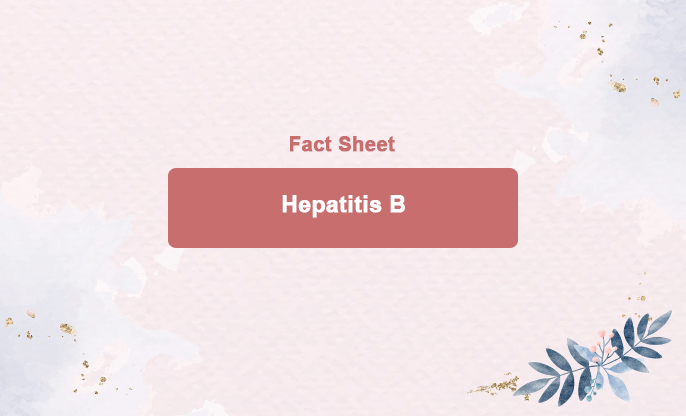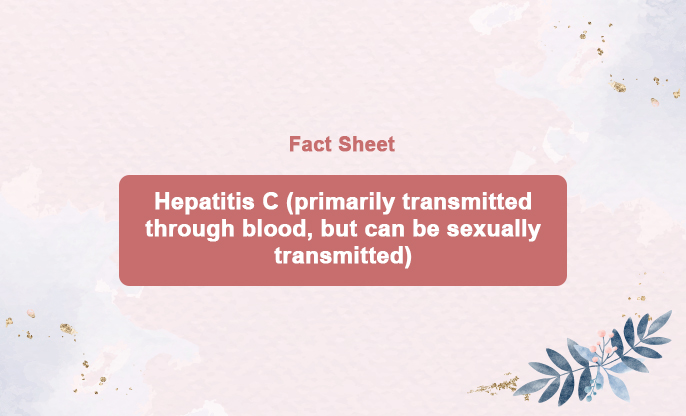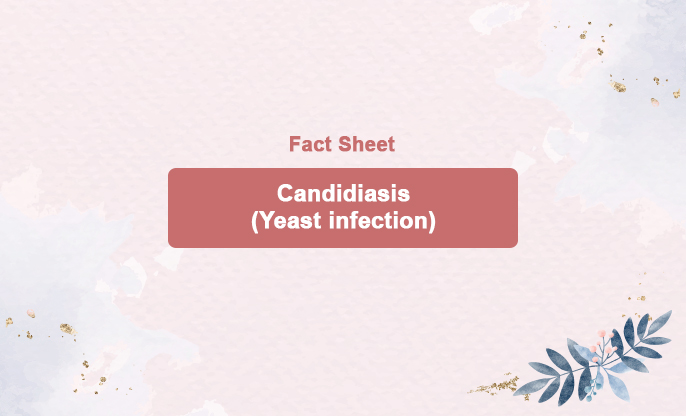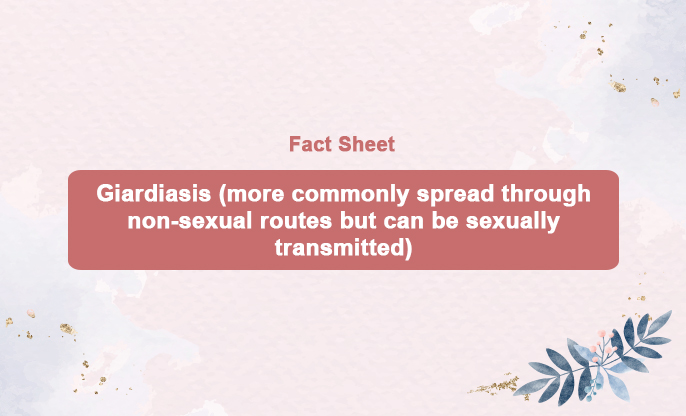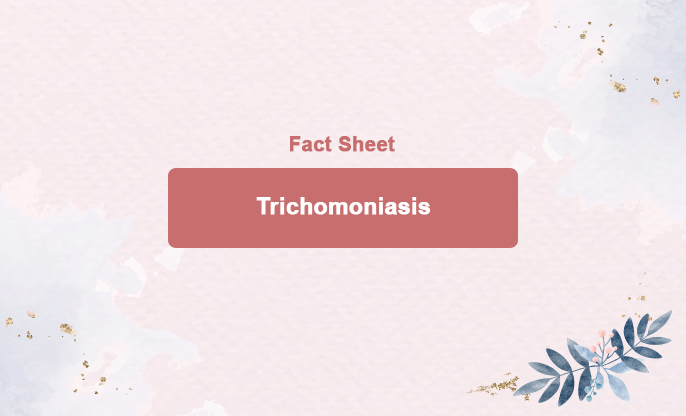
What is this?
Trichomonas vaginalis is a preventable and curable protozoan infection that affects the urogenital tract and is transmitted sexually.While most infections are asymptomatic, over 50% of women with Trichomonas vaginalis experience vaginal discharge, and about 10% of men develop urethritis.
The parasite is spread through oral, vaginal, and anal sex, and in rare cases, during childbirth. Using condoms correctly and consistently during sex can prevent trichomoniasis.
Most infections in both men and women are asymptomatic. Symptomatic women may experience vaginal discharge, which can be yellow and appear purulent. Other symptoms include redness and soreness of the vagina, as well as pain during intercourse and urination.
When T. vaginalis is present, a healthcare provider may observe a yellow or greenish, possibly frothy discharge in the vagina during a speculum examination.
Men are often asymptomatic, but some may experience penile irritation and urethritis.
How is it transmitted?
Sexually active individuals can contract trichomoniasis by having sex without a condom with a partner who is infected with the disease.
Standard treatment protocol and time:
Trichomoniasis is usually treated quickly and effectively with antibiotics, most commonly metronidazole.
Treatment:
Metronidazole: This antibiotic is highly effective if taken correctly. Typically, you will need to take it twice a day for 5 to 7 days.
Single-Dose Option: Sometimes, a single, larger dose is prescribed. However, this can have a higher risk of side effects and is not recommended for pregnant or breastfeeding women as a precaution.
Side Effects:
Common Side Effects: Metronidazole can cause nausea, vomiting, and a metallic taste in your mouth. It is best taken after eating.
Vomiting: If you start vomiting, contact your doctor for advice, as the treatment may not be effective if you cannot keep the tablets down.
Alcohol Warning:
Avoid Alcohol: Do not drink alcohol while taking metronidazole and for at least 24 hours after finishing the course. Alcohol can cause severe side effects, including:
Fast heartbeat or heart palpitations
Skin flushing
Nausea and vomiting
Alternative Treatments:
Specialist Advice: If metronidazole is unsuitable for you (for example, if you are allergic to it), a specialist can recommend alternative treatments.
How to avoid it?
Use condoms (male or female) every time you have vaginal or anal sex.
For oral sex, cover the penis with a condom or the female genitals with a latex or polyurethane square (a dam).
For women rubbing their vulvas together, one of you should cover the genitals with a dam.
Avoid sharing sex toys. If you do share them, wash them or cover them with a new condom before anyone else uses them.
